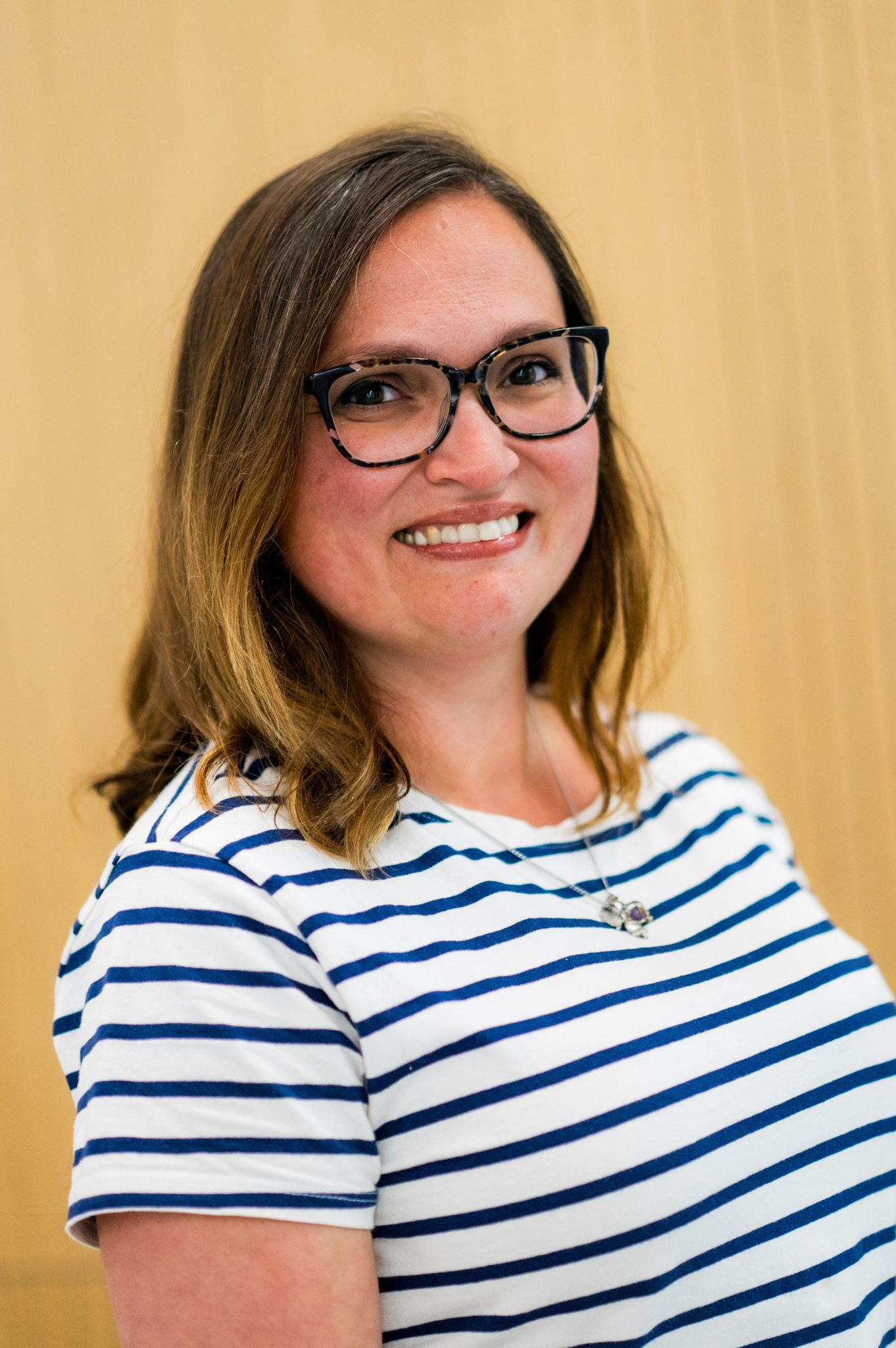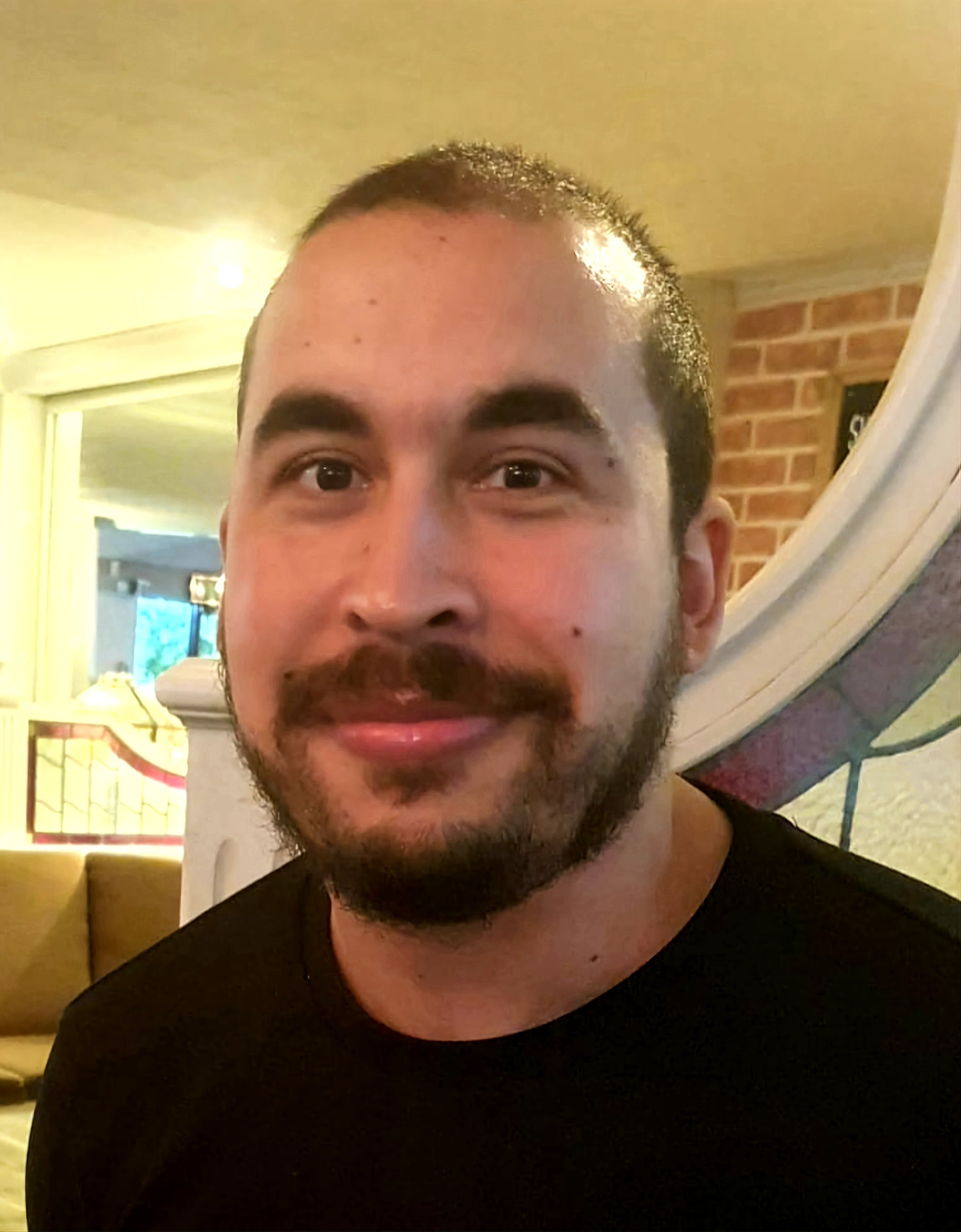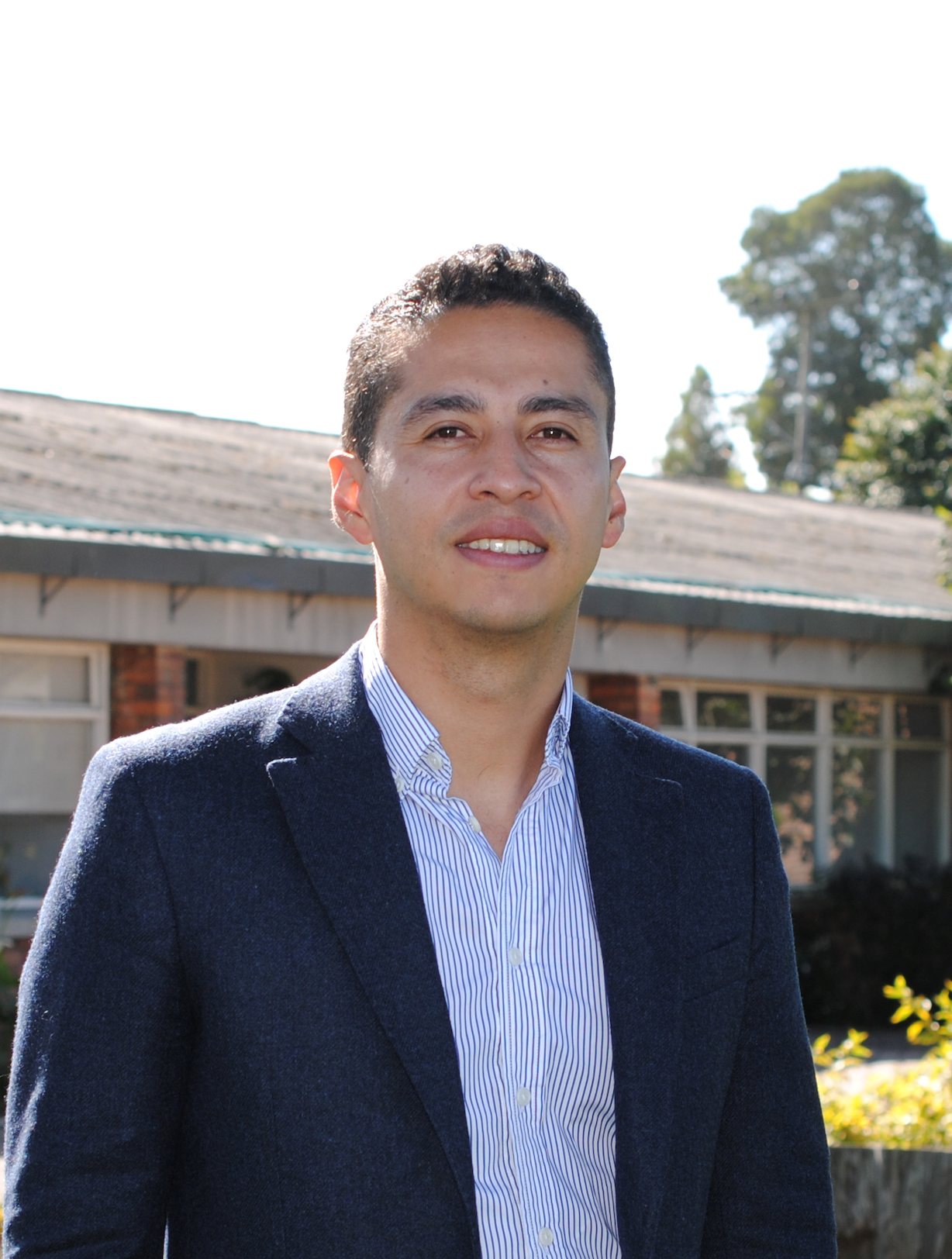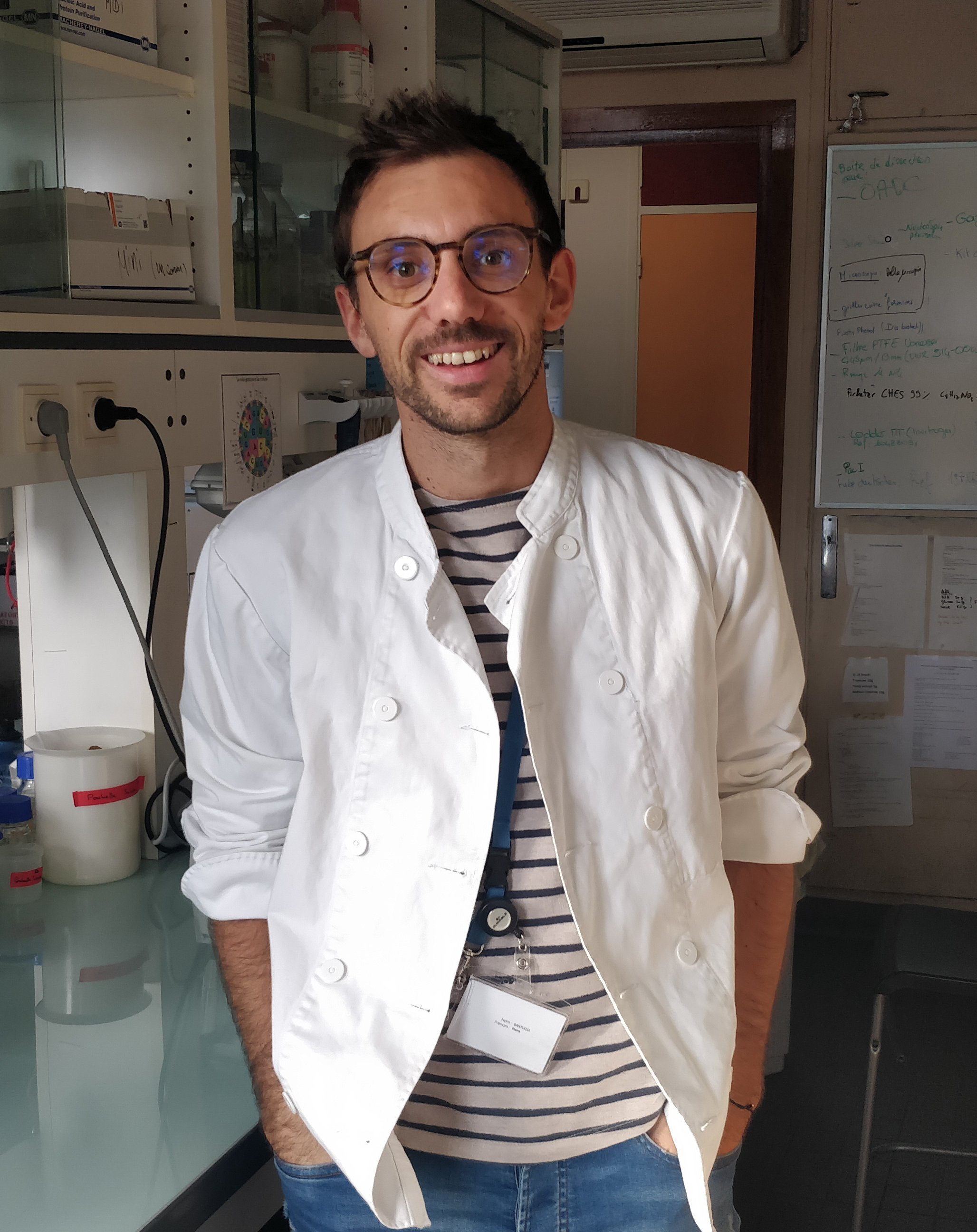Meet our Editors
| Editor-in-Chief |
|
John D. Helmann
John Helmann is currently Professor and Chair of the Department of Microbiology at Cornell University in Ithaca, NY. He earned his PhD degree at UC Berkeley where he studied the role of alternative sigma factors in bacterial transcription, and conducted post-doctoral studies on metalloregulation with Dr. Chris Walsh. The current focus of the Helmann laboratory is the study of bacterial stress responses in Bacillus subtilis, a model Gram positive bacterium. We are particularly interested in those stresses related to host-microbe interactions, including metal ion homeostasis (nutritional immunity) and the effects of antimicrobial peptides and antibacterial agents. We have a long term interest in bacterial metal ion homeostasis and, in particular, how bacteria adapt to both metal ion limitation and excess. The immune system also restricts the growth of pathogens by production of antibacterial peptides and lytic enzymes, both of which affect the integrity of the cell envelope. The cell envelope is also a target for many of our most important antibiotics. We have defined several distinct cell envelope stress responses in B. subtilis, and are developing a better understanding of how bacteria become resistant to antibiotics. |
| Editors |
|
Friedrich Frischknecht Freddy Frischknecht is a biochemist by training and received his PhD in 2000 from the Free University of Berlin, Germany for work carried out in the laboratory of Dr Michael Way at EMBL Heidelberg on the actin-based motility of vaccinia virus. Following post-doctoral work visualizing malaria parasites during transmission at the Institut Pasteur, Paris, he started his own group at Heidelberg University in 2005, where he became professor in 2014. His group mainly studies the molecular and cellular mechanisms of malaria parasite motility using biophysical and microscopic assays. He is also interested in developing new approaches to experimental vaccines against Plasmodium. |
|
Neil Gow
Neil Gow is a microbiologist and medical mycologist who trained at Edinburgh University before doing at PhD Aberdeen University and a research fellowship in Denver, before returning to Aberdeen as a faculty member in 1984. He is a founding member of the Aberdeen Fungal Group which is one of the largest specialist centres in medical mycology. He is Director of Research and Commercialisation for the College of Life Sciences and Medicine at the University of Aberdeen in Scotland and he helps direct a Wellcome Trust Strategic Award to coordinate research and training activity in the field of medical mycology and fungal immunology across the UK and in developing countries. His research has been focussed on the molecular genetics of cell wall biosynthesis in pathogenic fungi; morphogenesis directional growth responses of fungal cells; the virulence and immunology of fungal infections and the evolution, genome biology and genotyping of Candida species. |
|
Steven Harris
Steve Harris is currently Professor and Chair of the Department of Plant Pathology and Microbiology and the Department of Entomology at Iowa State University. He has previously held faculty positions at the University of Manitoba, the University of Nebraska and the University of Connecticut Health Center. He received his doctorate from the University of Michigan for research that focused on the mutability of essential genes in yeast. Since then, his research program has sought to understand the molecular mechanisms that regulate cellular morphogenesis during growth and development in filamentous fungi. In particular, his lab has identified several key regulators of polarized growth and septation using the model fungus Aspergillus nidulans. More recently, he has also begun to investigate the adaptations that enable extremotolerant fungi to colonize extreme niches such as semi-arid soils and rock surfaces. His editorial responsibilities include manuscripts that cover the broad area of fungal biology. |
|
Jim Imlay
Jim Imlay earned his Ph.D. in Biochemistry at UC-Berkeley, where he worked with Stuart Linn upon the mechanisms by which oxidants damage DNA. As a postdoc he and Irwin Fridovich investigated the mechanisms by which superoxide and hydrogen peroxide are generated in bacteria. In 1992 he joined the Department of Microbiology at the University of Illinois Urbana-Champaign, where he continues to work. His lab investigates the molecular mechanisms by which oxygen species damage cells, plus the strategies by which cells defend themselves against them. The struggle with oxidative stress is a key issue for the fitness of microorganisms in many important circumstances, from the episodic exposure of anaerobes and microaerophiles to oxygen, to the oxidative assault of the cell-based immune response upon microbial pathogens. Escherichia coli has been the mainstay for their mechanistic and physiological studies, but they have also probed how Salmonella withstands the oxidative burst of phagocytes and how Bacteroides species are impaired upon aeration. Because most oxidative stress involves reactions between oxidants and enzymic metal centers, the lab has a long history in studying metal metabolism and the biochemistry of metalloenzymes. |
|
Kimberly Kline
Kimberly Kline is a Professor in the Department of Microbiology and Molecular Medicine at the University of Geneva in Switzerland. From 2011-2022, she was a Professor in the School of Biological Sciences at NTU Singapore a Principal Investigator at SCELSE. Kimberly received an MPH in Biostatistics and Epidemiology and a PhD in Microbiology and Immunology from Northwestern University where she studied Type IV pilus antigenic variation in Neisseria gonorrhoeae. She completed postdoctoral training at Washington University in St. Louis and at the Karolinska Institute in Stockholm Sweden where she began investigating the pathogenic mechanisms of Enterococcus faecalis. Current research interests of her group include the pathogenic mechanisms of polymicrobial biofilm-associated infections, including catheter-associated urinary tract infections, wound infections, and infectious endocarditis. Given the intrinsic phenotypic resistance of biofilms to antimicrobials, her team seeks to exploit their fundamental discoveries to identify new therapeutic intervention points for these difficult-to-treat infections. |
|
Jacomine Krijnse Locker
Jacomine Krijnse Locker obtained her PhD in Utrecht, the Netherlands, in 1994 on cellular aspects of coronaviruses. She joined the European Molecular Biology Laboratory in Heidelberg (Germany) where she worked on the cell biology of poxviruses, using state of the art imaging methods, in particular electron microscopy. She continued studying the cell biology of virus infections at the Heidelberg University (2007-2015) and at Institut Pasteur, Paris (2015-2019). Since 2020 she is a professor in ‘imaging neglected infectious diseases’, a title she holds at the university of Giessen (Germany). Her main focus is electron microscopy methods to study how viruses interact with their host. |
|
Ute Römling
Ute Römling is Professor of Medical Microbial Physiology at the Department of Microbiology, Tumor and Cell Biology, Karolinska Institutet, Stockholm, Sweden. Being a biochemist by training, Ute obtained her PhD degree from the Leibniz University of Hannover, Germany where she studied the epidemiology and genome organization of the occasional pathogen Pseudomonas aeruginosa. After a first postdoctoral work extending this topic, Ute moved to the Karolinska Institutet in Stockholm, Sweden where she initially characterized the conserved rdar multicellular behavior in the gastrointestinal pathogen Salmonella typhimurium during a second post-doctoral work. The current research interests of her laboratory focus on persistence mechanisms of microbes. Among the research topics are the characterisation of biofilm formation in microbes and the evolution of the ubiquitous bacteria second messenger cyclic di-GMP signaling system and its characterisation in S. typhimurium. Another major topic is the molecular characterisation of persistence mechanisms of the world-wide prevalent P. aeruginosa clone C. |
|
Natividad Ruiz
|
| Junior Editors |
|
Natalie Counihan |
|
Alessandra da Silva Dantas
Alessandra da Silva Dantas is a molecular microbiologist and medical mycologist who did her PhD at University of Newcastle. She then joined the laboratory of Prof. Neil Gow at the MRC Centre for Medical Mycology to work on the mechanisms driving antifungal drug resistance in Candida spp. She returned to Newcastle in 2022 as a lecturer and research in her lab is trying to determine the mechanistic basis on how Candida spp exploits the ageing process to overcome extreme stresses posed in the mammalian niche and how ageing in pathogenic yeast is a driver of antifungal resistance. |
|
Michael Neugent |
|
Benjamin Raymond
Benjamin Raymond studies the role of ubiquitylation in phagosome maturation. |
|
Daniel Fernando Rojas Tapias (Daniel Rojas)
Daniel Rojas studies plant-microbe interaction, microbial physiology of plant-associated bacteria, and oxidative stress responses. |
|
Pierre Santucci, Ph. D
Pierre Santucci graduated from Aix-Marseille Université, France (2015-2018), where he was trained as a molecular microbiologist. Then, he joined the group of Maximiliano Gutierrez at The Francis Crick Institute in London (2019-2022) to investigate the contribution of subcellular environments in the distribution and efficacy of antibiotics against Mycobacterium tuberculosis. Recently appointed CNRS Research Associate in the Laboratoire d'Ingénierie des Systèmes Macromoléculaires (LISM), Marseille, France, his research combines bioinformatic and biochemical studies with innovative chemo-genetics, host-pathogen interactions and quantitative imaging approaches to uncover new adaptation strategies, antibiotic mode(s) of action and resistance mechanisms in mycobacteria. |




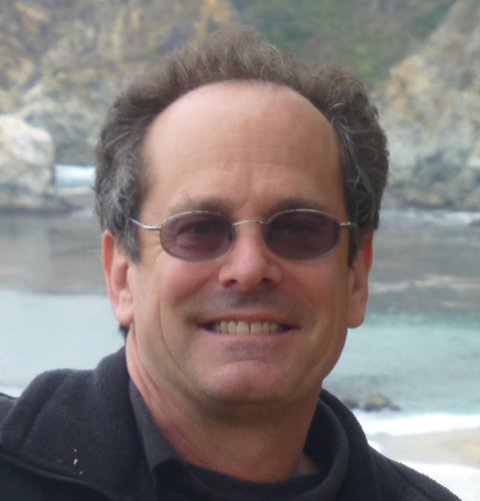
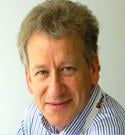
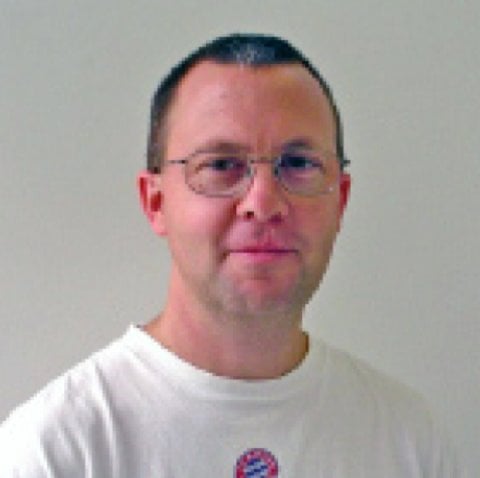
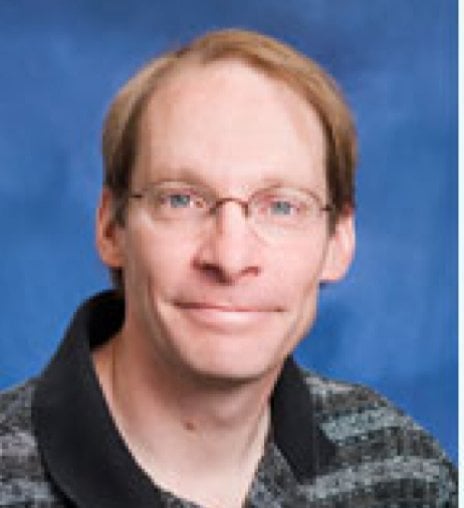
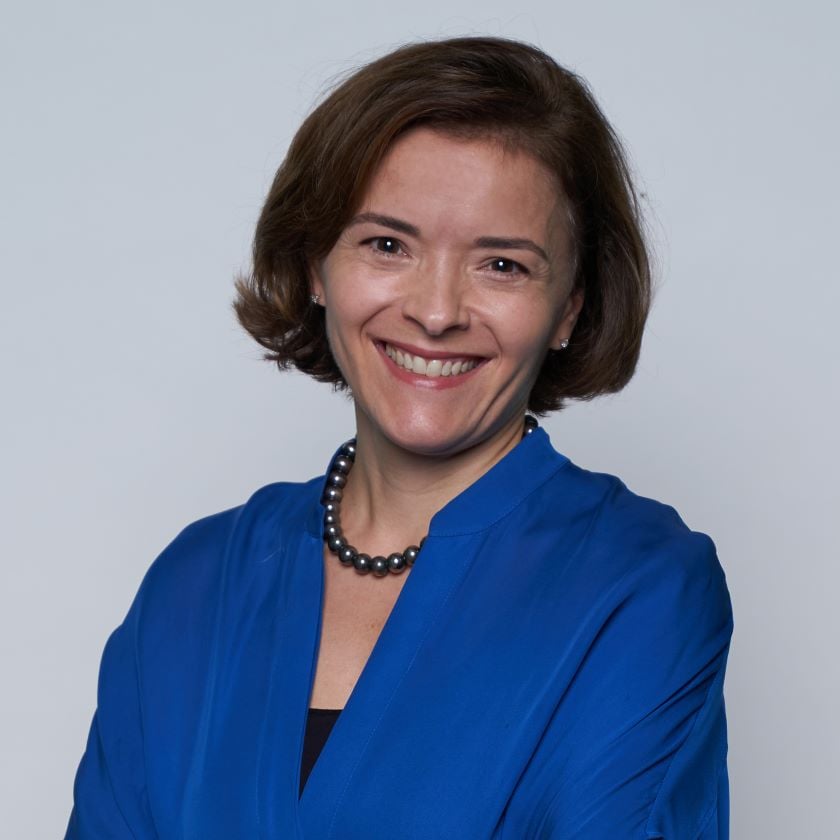

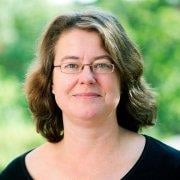
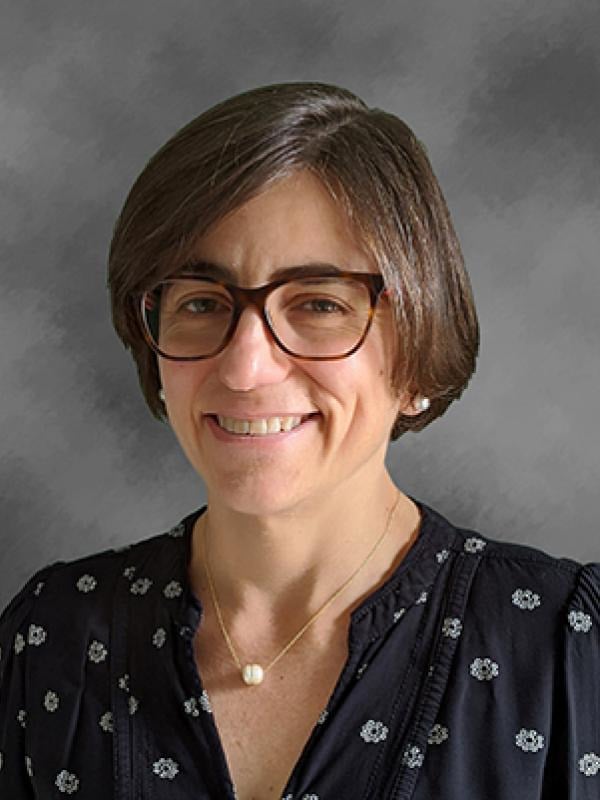 Natacha Ruiz is Professor of the Department of Microbiology at The Ohio State University in Columbus, OH. She earned her PhD degree at Washington University in St. Louis under the mentorship of Dr. Michael Caparon for her work on characterizing how Streptococcus pyogenes adheres to and kills skin cells. During her postdoctoral training with Dr. Thomas Silhavy, Natacha studied post-transcriptional regulation of the stationary phase sigma factor RpoS and biogenesis factors that are essential for the assembly of the outer membrane in Escherichia coli. In 2010, the Ruiz laboratory opened its doors at Ohio State to investigate how Gram-negative bacteria build their cell envelope. Her group primarily uses genetic approaches to understand the mechanism of function of diverse transporters that translocate glycolipids across lipid bilayers and from the inner to the outer membrane. These molecular machines are critical for cell growth, as they are needed to build the peptidoglycan cell wall and the outer membrane. Natacha handles manuscripts in all areas of bacteriology, and has particular expertise in bacterial cell envelope, transporters, and cell division.
Natacha Ruiz is Professor of the Department of Microbiology at The Ohio State University in Columbus, OH. She earned her PhD degree at Washington University in St. Louis under the mentorship of Dr. Michael Caparon for her work on characterizing how Streptococcus pyogenes adheres to and kills skin cells. During her postdoctoral training with Dr. Thomas Silhavy, Natacha studied post-transcriptional regulation of the stationary phase sigma factor RpoS and biogenesis factors that are essential for the assembly of the outer membrane in Escherichia coli. In 2010, the Ruiz laboratory opened its doors at Ohio State to investigate how Gram-negative bacteria build their cell envelope. Her group primarily uses genetic approaches to understand the mechanism of function of diverse transporters that translocate glycolipids across lipid bilayers and from the inner to the outer membrane. These molecular machines are critical for cell growth, as they are needed to build the peptidoglycan cell wall and the outer membrane. Natacha handles manuscripts in all areas of bacteriology, and has particular expertise in bacterial cell envelope, transporters, and cell division.